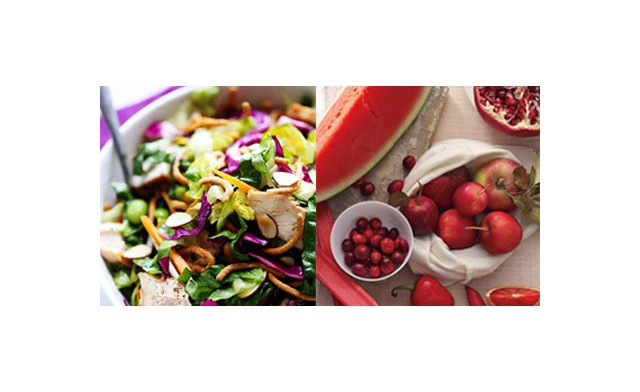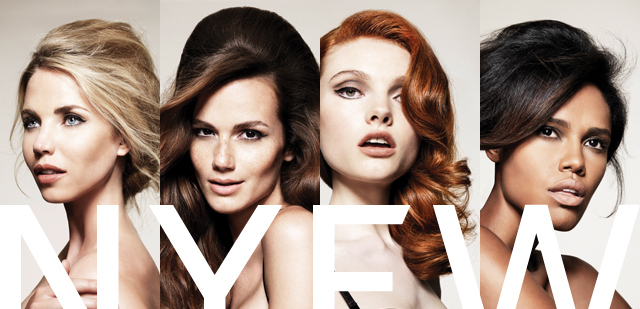Going on a crash diet that consists solely of baby food, cabbage soup, elaborate juice concoctions or a meagre amount of calories a day might enable you to lose a few kilos quickly. But you may also find 2-6weeks later that you are also losing your hair.
Extreme diets that cut out essential food groups or unhealthily restrict your caloric intake are bad for your body -you are depriving yourself of essential vitamins, minerals, proteins and energy. And this is very bad news for your hair. Your hair is the second fastest growing cell in your body and is extremely sensitive to change and imbalance. Any nutritional deficiencies in your diet will usually show up first in your hair. i.e. by causing your hair to fall out more than it should. Your hair is not a vital tissue, like bone marrow, nor is it a vital organ, like your heart, liver or kidneys. What little nutrition you are getting through a restrictive diet will go to those parts of you first. Even though your hair is very important to you psychologically, your body is much more concerned with keeping its internal organs healthy. If your body is feeling deprived and hungry on a crash diet or restrictive diet, you can only imagine how your hair follicles are feeling! This starvation of the follicles causes your hair go into the telogen (resting/falling) phase prematurely, and many hairs at the same time. You can experience mass hair loss depending on how bad your diet was and for how long the diet went on for. This is called telogen effluvium.
Your hair is made primarily of protein – keratin – and so sufficient protein is essential for strong, healthy hair and hair growth. Many fad diets, likes those consisting solely of fruit, vegetables and/or juice mixtures (and yes – even those that contain protein powder) do not provide the body with enough protein. You need a MINUMUM of 120g of protein (meat, fish, eggs, chicken or 180g low fat cottage cheese) at breakfast and a further 120g with lunch in order for your hair to grow at its optimum. Dinner is the least important meal of the day for your hair so you can indulge in whatever you like. However, this does not mean you can go on a diet consisting only of lean proteins. You also need vitamins and minerals from fruits and vegetables and energy provided by complex carbohyrdates.
Red meat at least once a week is also important, regardless of whether you are taking a supplement. It provides you with iron and also ferritin (stored iron), a mineral which is essential to hair growth and hair health. This is especially important if you are a menstruating woman. While supplements can be extremely helpful, especially if you have absorbtion problems, they need to be incorporated into a healthy diet. They are not a substitute for the foods actually containing them. A supplement such as the Philip Kingsley PK4HAIR, which is fortified with amino acids and enhances the production of keratin, is a perfect way to boost healthy hair growth and health in combination with a nutritious diet.
In short, if you want to have healthy and beautiful hair, or hair that is in its best condition possible, you need to stick to a healthy, nutritious, well-balanced eating plan!
Always discuss with your doctor before embarking on a change in diet.

